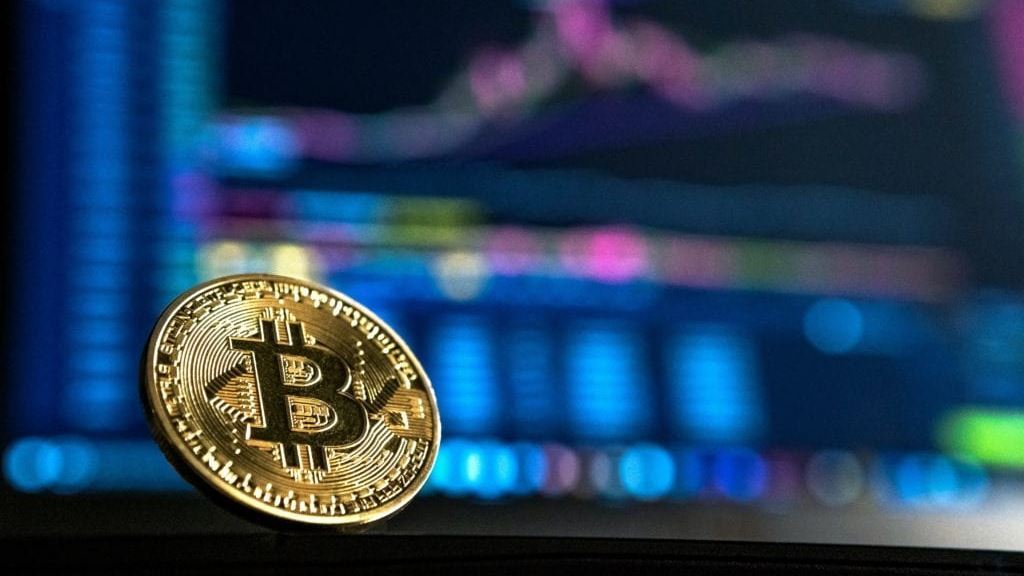There was a significant increase in the total funds seized in economic crimes from KRW 3.2 trillion in 2021 to KRW 8.2 trillion last year, according to a report released by the Korea Customs Service on Tuesday.
Nearly 70% of the illicit money traffic confiscated by law enforcement officers consisted of cryptocurrency transactions. Despite the high percentage, only 15 transactions accounted for the seized digital assets. These transactions involved the purchase of foreign virtual assets with the intent to sell them locally later, taking advantage of the country’s regulatory restrictions that limit the market and cause foreign crypto prices to be higher for customers.
Earlier, local media published the numbers the Korea Customs Service provided. According to customs, the overall amount of funds caught in economic crimes increased significantly from 3.2 trillion won ($2.5 billion) in 2021 to 8.2 trillion won ($6.2 billion) last year.

Crypto transactions comprised almost 70% of all the illicit money traffic captured by the officers. However, the total amount of intercepted digital assets ($4.3 billion) accrues for only 15 transactions. The transactions were aimed at purchasing foreign virtual assets with the intention to sell them in the country later, as the South Korean regulatory regime isolates the local market and makes the prices of foreign crypto higher for the customers.
Despite its small size, South Korea is one of the leading retail crypto markets globally as cryptocurrency penetration in the country is very high. However, since 2017, the country under its Foreign Exchange Transactions Act started requiring firms engaged in crypto transactions to get regulatory sanctioning from the FSC. In August last year, South Korea cracked down on 16 overseas cryptocurrency exchanges operating in the country illegally. The platforms include big brands such as KuCoin and MEXC.

On the other hand, the Asian country also recently started revising decades-old forex transaction rules under its Foreign Exchange Transactions Act. The revision follows public outcry against the limits of the set of policy. As part of the move, the country approved nine securities firms to engage in the business of currency exchange, serving both corporate and individual customers. Furthermore, the country is also making plans to open up its forex markets to offshore firms as well as extend their opening hours to 2am.
Crypto transactions comprised almost 70% of all the illicit money traffic captured by the officers. However, the total amount of intercepted digital assets ($4.3 billion) accrues for only 15 transactions. The transactions were aimed at purchasing foreign virtual assets with the intention to sell them in the country later, as the South Korean regulatory regime isolates the local market and makes the prices of foreign crypto higher for the customers.












